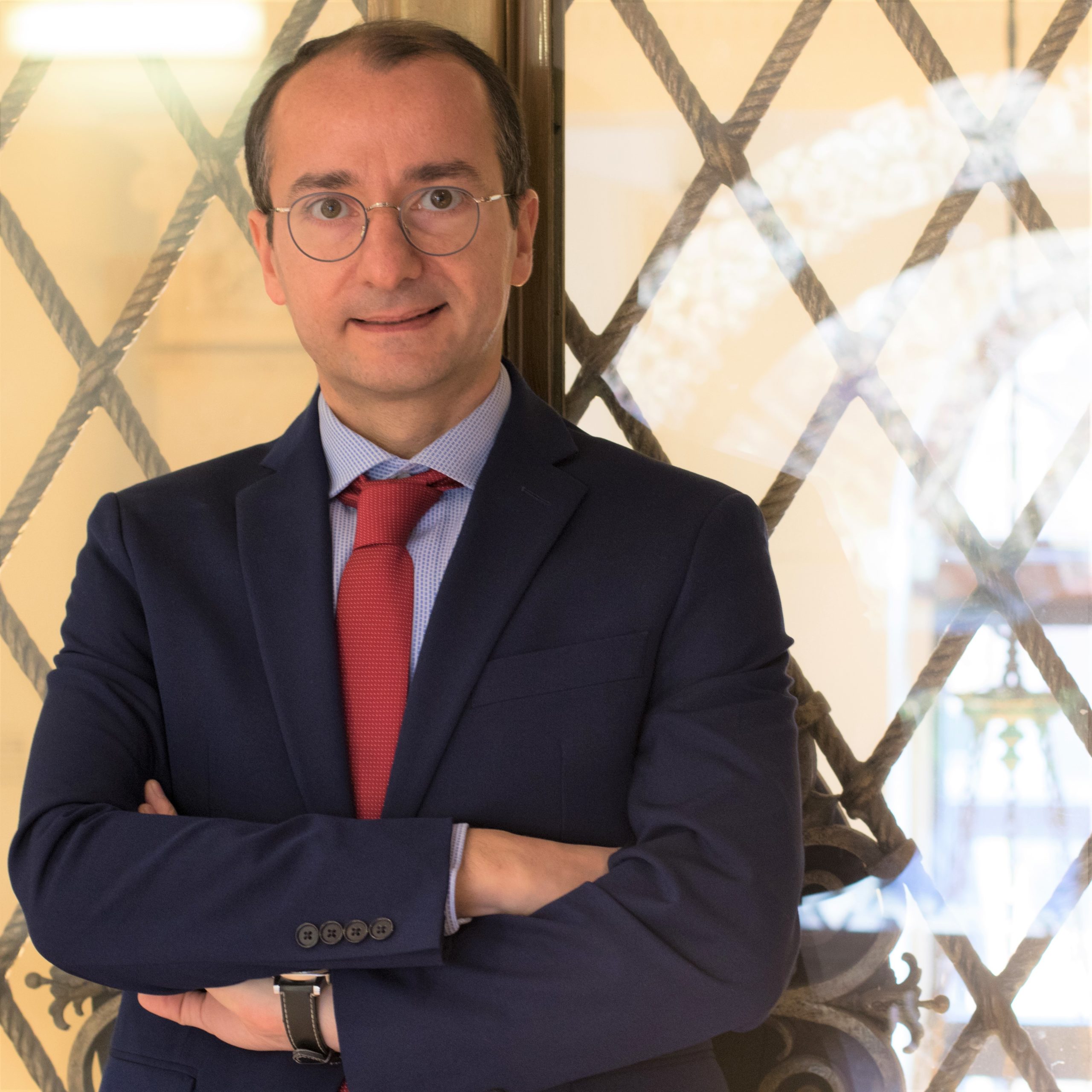Official Ankara’s position regarding the apology campaign initiated by 200 intellectuals in Turkey in December 2008 was clear from the very beginning: The campaign is bad for Turkey and will also harm Turkey-Armenia dialogue, which has been making strides recently.
Statements to this effect were made by Turkish Prime Minister Recep Tayyip Erdogan, Turkish Foreign Minister Ali Babacan, and Turkish army generals.
When the apology campaign was launched in December 2008, Erdogan said it amounted to “stirring up trouble, disturbing our peace and undoing the steps which have been taken.” He added, “If there is a crime, then those who committed it can offer an apology. My nation, my country has no such issue.”
Babacan, in turn, said, “This is a sensitive issue for Turkey. There is a negotiation process going on [with Armenia] … This kind of debate is of no use to anyone especially at a time talks continue and it may harm the negotiation process.”
“We definitely think that what is done is not right. Apologizing is wrong and can yield harmful consequences,” said General Metin Gurak, the spokesperson for the General Staff, during a press conference.
President Abdullah Gul was first playing the good cop: He spoke in defense of the initiative when it was first launched, saying that it was proof that democracy was thriving in Turkey. Yet, this simple statement was harshly criticized by the opposition in Turkey, and accusations flew from left and right. One parliament member “accused” Gul of having an Armenian mother. The President was quick to deny the allegation and start legal action against the person who threw it. He didn’t bother to say, “My mother is not Armenian, but what if she were?” By taking the accusation as an insult, he essentially reinforced the racist prejudice in Turkey against Armenians. (It may be worth comparing this with the way then-presidential candidate Barack Obama handled allegations of being a Muslim, but I digress.)
Apparently, President Gul could not hold his good cop routine for more than two weeks. In early January, during an interview on the Turkish television channel ATV, Gul said the apology campaign would have a negative effect on the diplomatic efforts between the two countries.
According to Gul, “When we examine the latest debates in terms of their results, I do not think they make a positive contribution.” He also said his previous statements were presented in a distorted way.
So now it’s official. There is consensus among the ruling party, the opposition and the army in Turkey that the apology campaign will have negative consequences on Turkey-Armenia dialogue.
The recent Turkey-Armenia dialogue that preceded and followed Gul’s visit to Armenia in September 2008 did not address the root causes of the Turkish-Armenian conflict. It is being referred to as “Soccer Diplomacy” but it looks more like “Let’s forget genocide, dispossession and 93 years of denial” diplomacy. Ankara has no intention to address some of the core issues anytime soon. Moreover, it is opposed to any civil society initiative to address—even in part—these issues.
Instead, Ankara wants to put heavy make-up on its face, hoping to hide its century-old scars. The calls by Turkish intellectuals for official Ankara to wash its face and get plastic surgery are yet to be heard.
The Armenian Weekly
Jan. 10, 2009



Be the first to comment